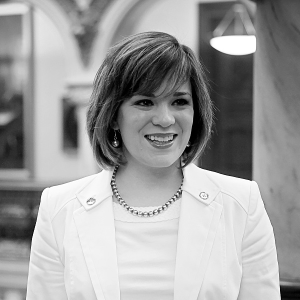March 11, 2015
Remember when you were a kid and your teacher went around the classroom and asked each student "what do you want to be when you grow up"? The myriad of answers ranged from firefighter to superhero among various others. Fast forward to high school or college and your parent's friends asked the exact same question. Maybe this time you want to be an accountant or a teacher. And today, are you doing the job you thought you would all those years ago? For most, the answer is no.
I use this example to illustrate that life presents many choices to us and there are moments, for some more than others, where the exact answer is unclear. Yet, even though you may not have known your career choice in the beginning you did end up choosing something. You got a job because you wanted to be able to have your own place to live and be independent. Maybe you have a family to support or student loans to pay among other financial obligations.
In examining a recent blog by Carl Richards the combination of unclear goals, in this example career path, and extreme financial uncertainty can often lead to inaction or choosing to do nothing.
Yes, doing nothing is a choice and is it much more common than you may think. In the context of financial planning and investing there are countless times I've heard someone say "I chose to do nothing because I didn't know what to do". I would add to this that fear of the unknown is a large factor in the choice to do nothing. My response is: Yes, the market is at a high now but it was last summer too and countless times before that. Yes, oil prices have fallen but investing in good quality companies at attractive prices is worth considering. Yes, interest rates are low and at some point in the future sometime from now, who knows when, they will increase. None of these concerns, while real, are barriers to entry for investors nor do they prohibit investors from building solid high quality portfolios. If you find yourself with unclear goals, extreme financial uncertainty, and fear of not knowing what to do then you should invest an hour in your future to talk with a financial advisor. Getting facts, establishing goals and mapping out how to meet them provides the avenue to action and likely the avenue to success.
Caroline Hill, Financial Advisor
(This article contains the current opinions of the author but not necessarily those of Brighton Securities Corp. The author's opinions are subject to change without notice. This blog post is for informational purposes only. Forecasts, estimates, and certain information contained herein should not be considered as investment advice or a recommendation of any particular security, strategy or investment product. References to specific securities and their issuers are for illustrative purposes only and are not intended and should not be interpreted as recommendations to purchase or sell such securities).

